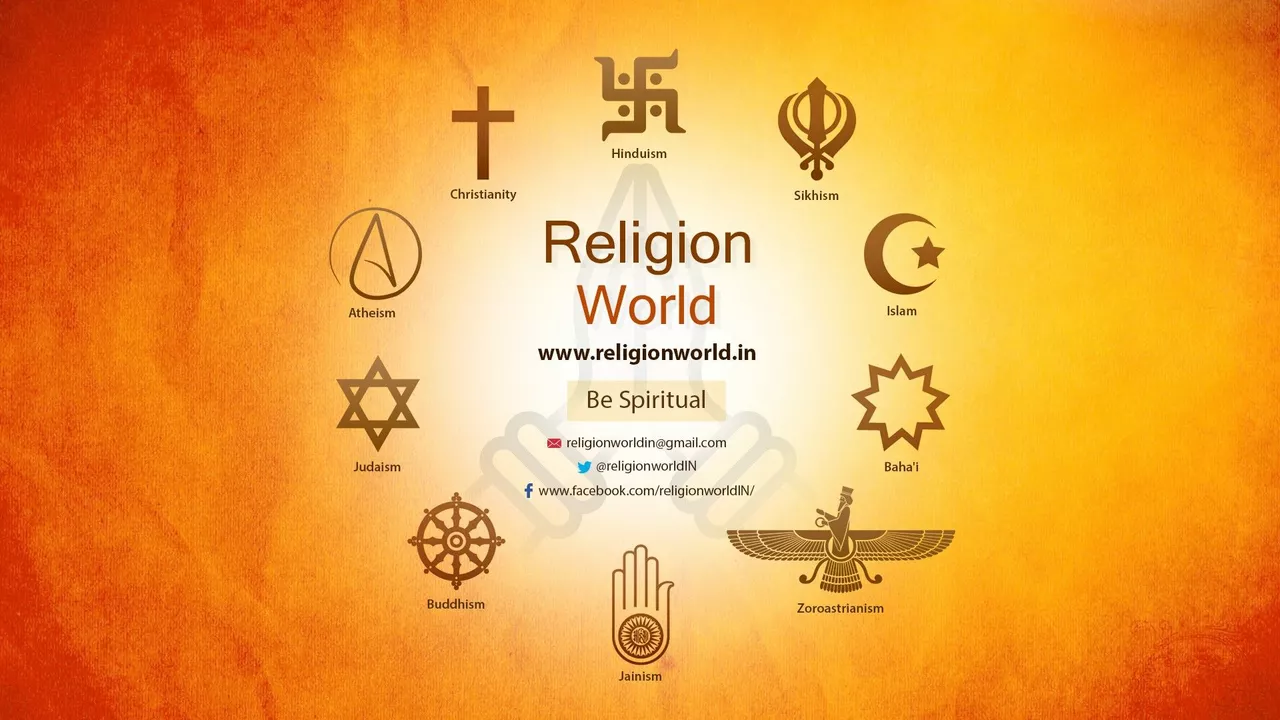
Unraveling the Enigma: The Atheist Inception
Transforming into an atheist in a country like India, precipitously steeped with holy customs and religious doctrines, could be analogous to a fish deciding to not fancy water. It's unusual, it's bold, and yes, my dear readers, it's me, Aarav, your very own blogger. Now, you may wonder, how on earth did this amusing plot twist come about in my life. So, let's rewind a bit. My journey towards atheism was not a sudden epiphany. It followed a slow simmering of thoughts over time, finally boiling over during my higher secondary school days. I was a regular lad attending my fair share of religious ceremonies and celebrations while growing up in Kolkata, as is typical in any middle-class Indian family. However, as time passed, I found myself increasingly questioning the ritualistic aspects of my faith and the contradictions they sometimes bore with contemporary societal logic. This sense of disconnect continued to grow until, one day, I found myself identifying as an atheist.
An Unseen Elephant in the Room: Public Response
If you are an atheist in India, conversations about religion can become a bit like walking through a minefield. It's almost as if you are an unseen elephant in the room - clearly discernible but conveniently overlooked. Being an atheist in a predominantly religious Indian society often translates into being on the receiving end of amazement, confusion, anger and sometimes even pity. From being quizzed about your moral compass to being perceived as an anomaly, the reactions are as diverse as the country itself. However, it's important to remember that amidst these reactions, the dignity of an individual's personal choice should always be respected. From my own experience, I've learned to explain my stance without undermining the faith of others - something I believe is crucial for promoting coexistence.
The Negotiated Path: Integration Into Society
Now, you might wonder, how does one as an atheist navigate daily societal norms? Interestingly, being an atheist does not equate to exclusion from all religious practices. For instance, in my case, I am an active participant in the joyous fanfare of Durga Puja held in Kolkata every year. Not because I believe in the power of the deity, but because I love the sense of community, artistry, and cultural heritage that the festival embraces. Atheism, as I interpret it, is about personal beliefs and not about being counter-cultural. Striking this balance of not deliberately polarizing myself from these practices, while keeping my core belief intact, has been the negotiated path I tread each day.
Tips for Fellow Travelers: Debunking Atheism Misconceptions
As we wind down this roller coaster of introspection, I think it's an opportune time to debunk a few misconceptions about atheism. First and foremost, atheism doesn't mean an absence of ethics. Morality isn't the exclusive domain of theistic belief systems. On that note, every atheist doesn't necessarily 'hate' God or religion. It's more nuanced - they simply don't subscribe to the idea of a higher power. Moreover, atheism is not always synonymous with cynicism or negativity - atheists can lead fulfilling lives filled with love, empathy and positivity.
So there you have it, folks - an account of me, Aarav, being an atheist in India - a country with a soul steeped in faith, yet, with a heart that accommodates diverse beliefs. Isn't it fascinating? So, whether you're tossing the idea of atheism around in your mind or merely seeking to understand a different point of view, I hope that my experiences have given you some food for thought.
Remember, an inquisitive, respectful conversation can go a long way in fostering understanding and tolerance in our diverse society. After all, aren't we all just trying to find our own sense of peace in this grand cosmic dance? So, here's to a world more accepting, more understanding, and more curious - one blog post at a time. Until next time, folks!
 Cricket
Cricket